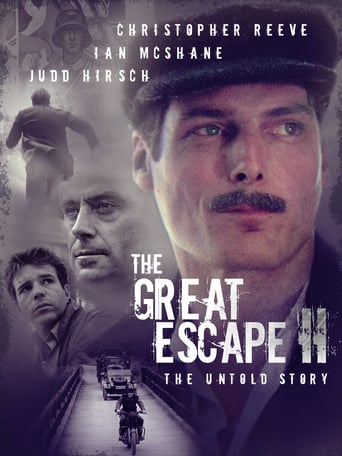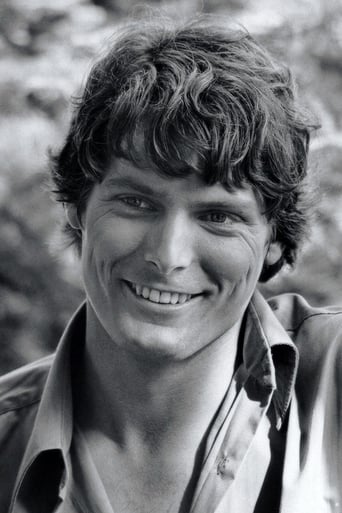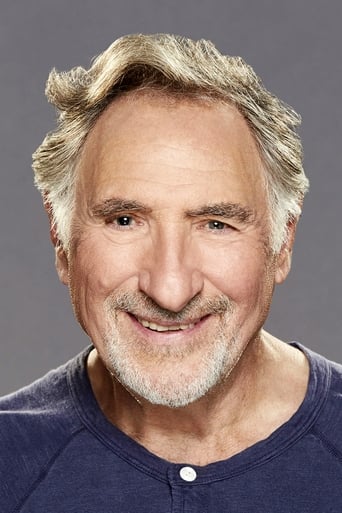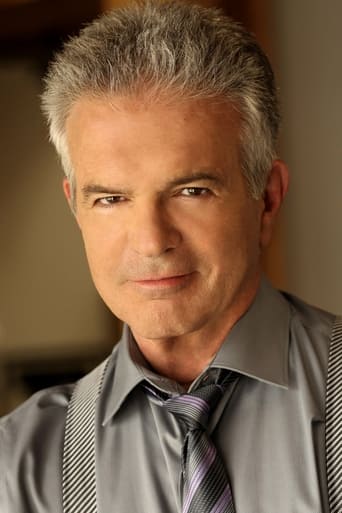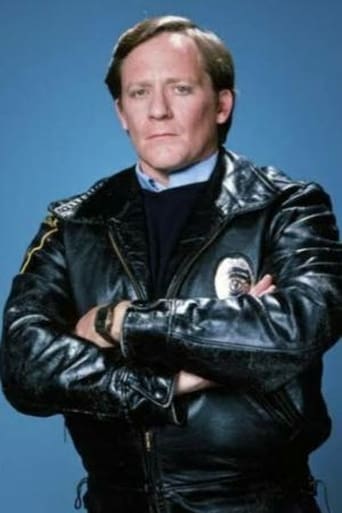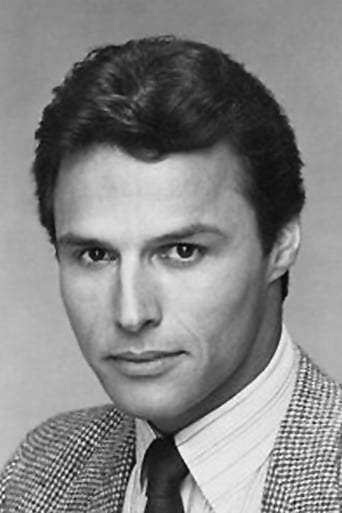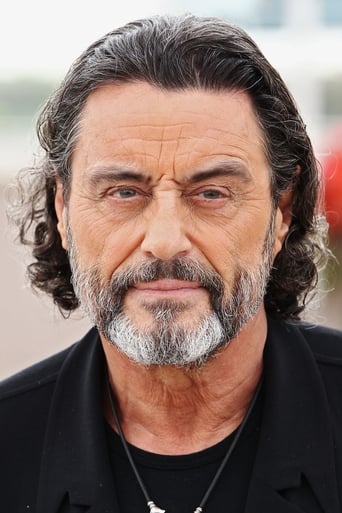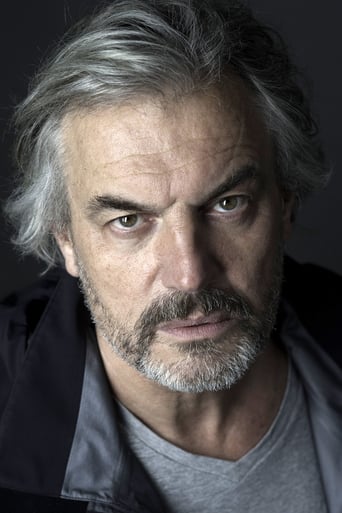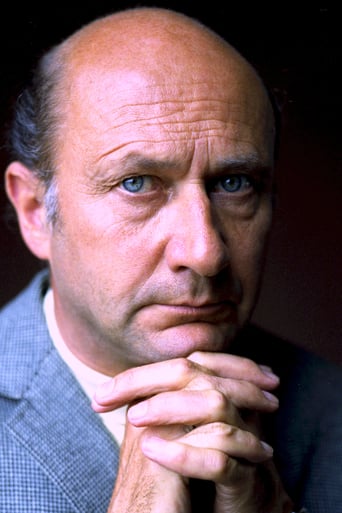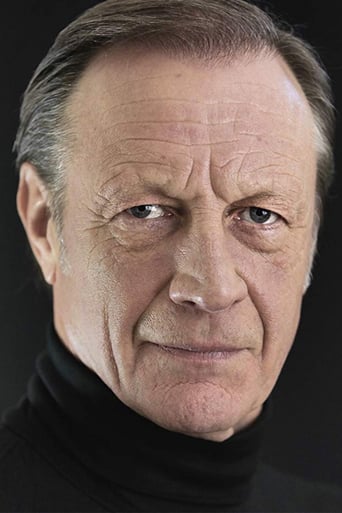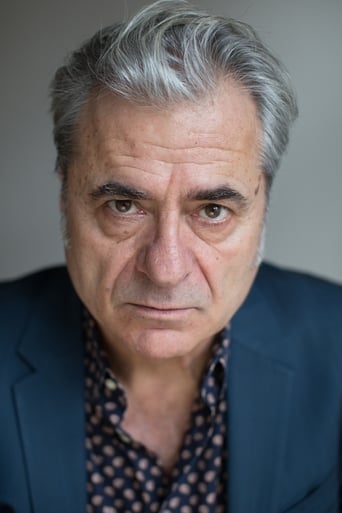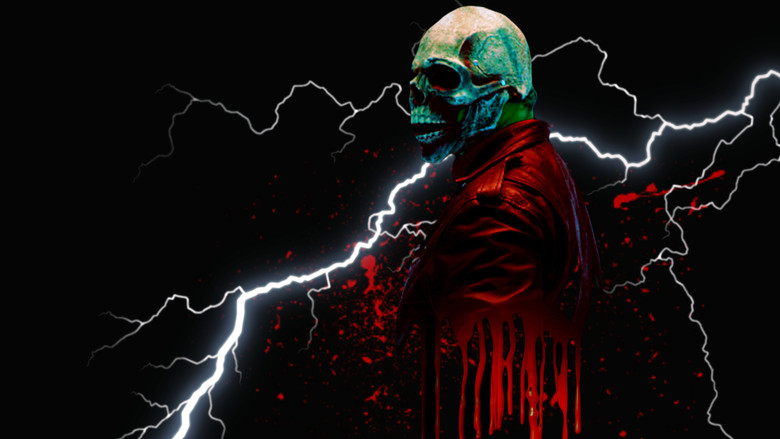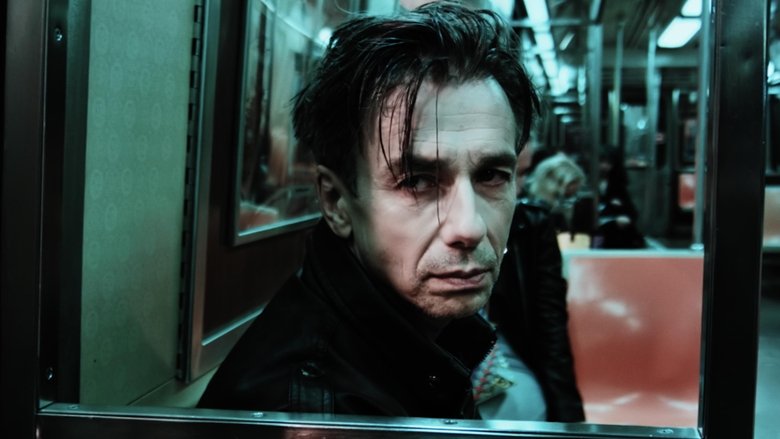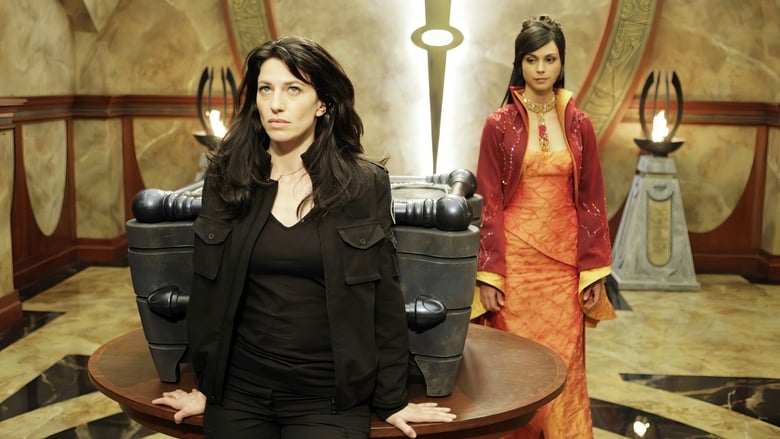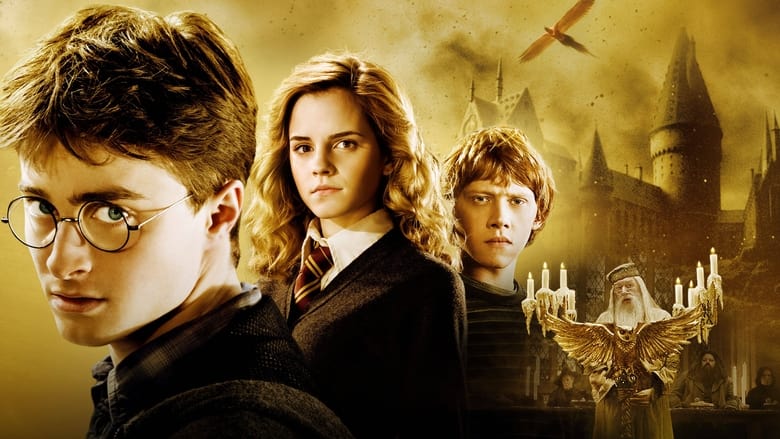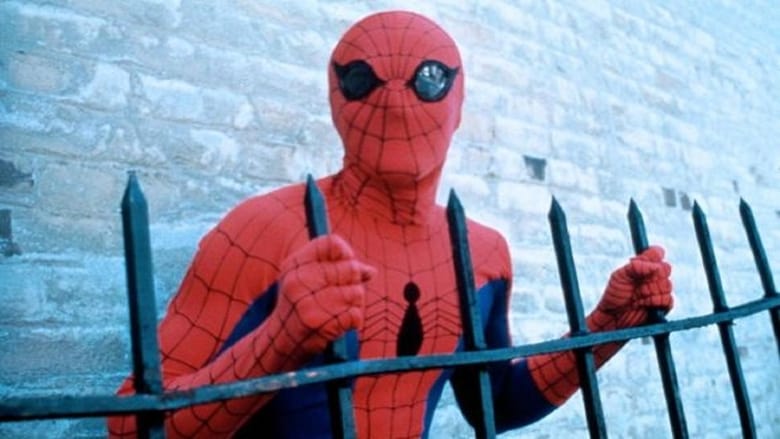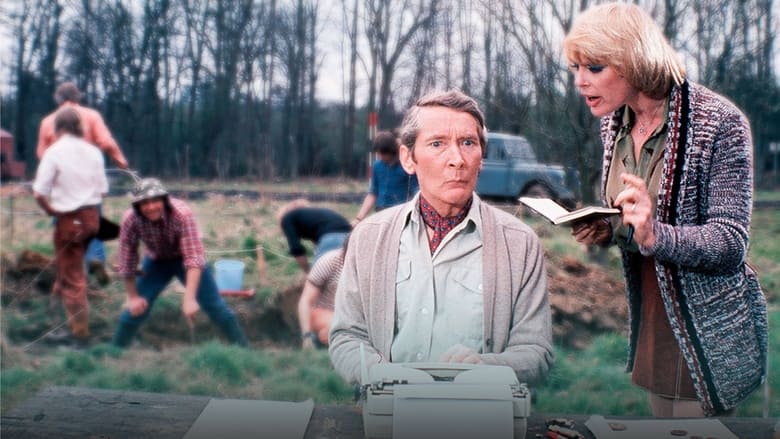Allied prisoners tunnel out of a stalag, then return to avenge fellow escapees executed by the Nazis.


Similar titles
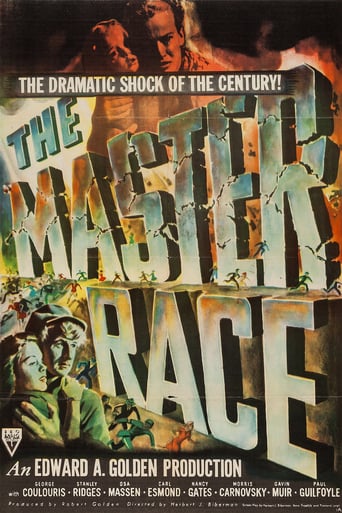
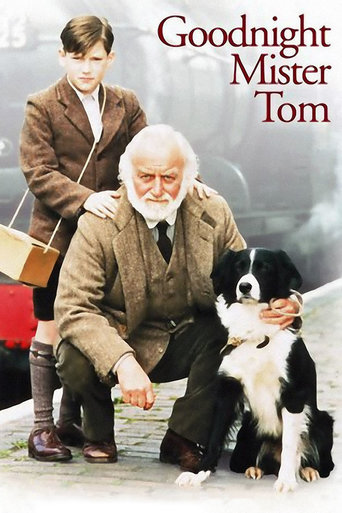
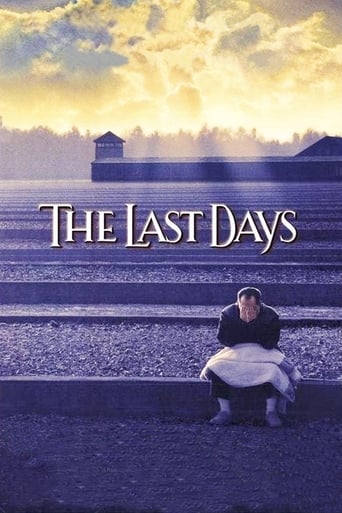
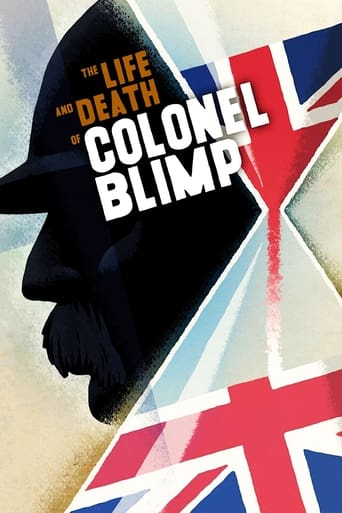
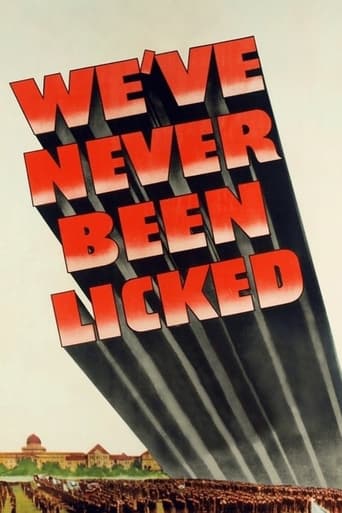
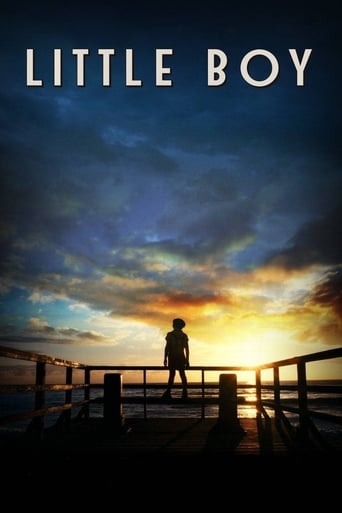
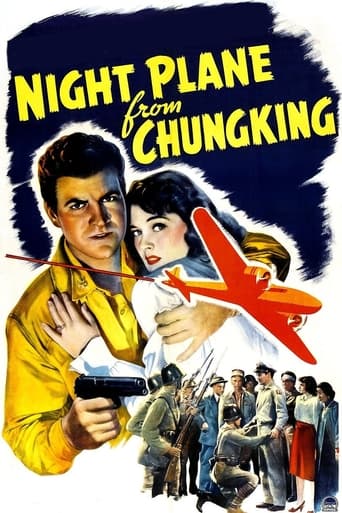
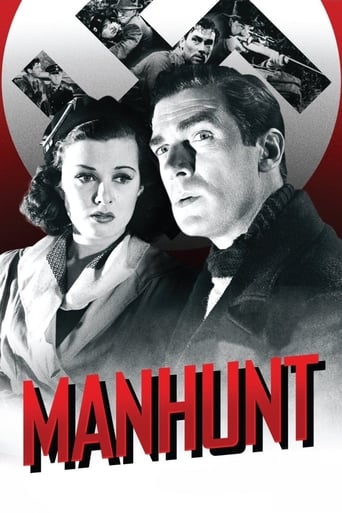
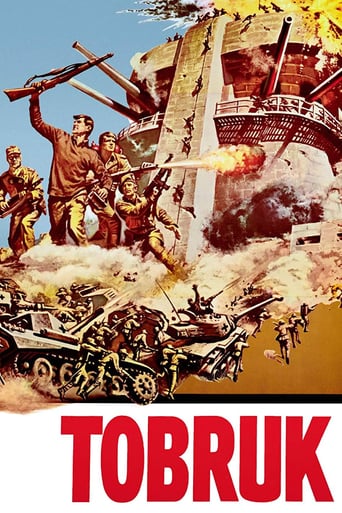
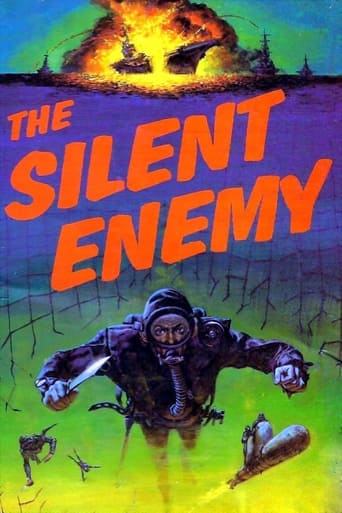
Reviews
I read someone comment if you had read the book you'd know there is a lot of truth to this. If you'd read the book you'd know this film is very loosely based on a book and then played with to give it an American interest. Apparently Bushell was caught after being betrayed by a Frenchman. No he wasn't, the depiction in the original film is how he was caught. Apparently an American made a "home run" No he didn't. By the time the escape took place the Americans had been put in a separate camp and none went out. Apparently a former American cop lead the investigation. No he didn't, it just goes on making it look like the Americans were the heroes and in this case, they weren't. They even make Winston Churchill look like a three foot tall midget. Bad casting at it's most obvious. The acting was pretty bad, and Charles Haid's accent was abysmal. I liked him in Hill St Blues but what was that accent all about? As for the romance angle, that was purely laughable. Had this been portrayed as an escape story it could have been passable but to pretend it is the true story of what happened next, or even insinuate it, is frankly an insult to those who really took part. If it's just a mooovie, then don't try to pretend that it's telling us something that really happened like this.The story of The Great Escape and the subsequent events is incredible enough without having to make things or change events. In fact this film waters down some of the events like the officers that were captured and taken to a concentration camp and escaped from there by tunneling out. Watch it for entertainment, but don't expect to learn any sort of accurate facts from it.
I am noting that of the previous comments of this film two of them are rather picky about the factuality of the aftermath story of the Great Escape. There have been times that I have been picky like that too, but I also note that the very fact that a film is made to show what happened after is a triumph for at least partially telling the full story.This film begins when the escapees are beginning to be rounded up and brought back to prison camp (or...as we later learn...exterminated). One of them is in a prison for interrogation near Berlin. One night he goes to his cell door because he hears another prisoner's door being opened for interrogation purposes. He looks out the window of the door and sees Colonel Von Lindiener (Manfred Andrae) the commandant at the stalag the escape occurred at being hustled out. He has obviously been worked over pretty fiercely. Subsequently it is learned that the Colonel was executed for failing to prevent the escape.Now Von Lindiener was not an idiot like Werner Klemperer's "Col. Wilhelm Klink" in HOGAN'S HEROES, nor an easy-going man, but he had been running the camp to the best of his ability as per orders. Unfortunately (as the first film showed) there were prisoners in the camp who had escaped other camps before and were expert in various specialties needed to properly aid in an escape. He did his best, but was outmaneuvered by them. A demotion in rank might have been proper punishment for the man, but when you have a bunch of opportunists, criminals, and fanatics running a government under a racist madman you can't count on normal behavior or balance regarding punishments. The Commandant was as much a victim of the backlash as those escapees who were unlucky enough to be captured by the Gestapo.The film follows how the surviving officers who led the escape start learning of the massacres of their comrades. An American officer, played by Judd Hirsch, is put in charge of the investigation aided by Christopher Reeve as Major Dodge. Slowly (with the assistance of Anthony Dennison as Lieutenant Corery and Charles Haid as Sergeant MacKenzie) the actual fates of the dead escapees, and the identities of their killers come out. And the killers rounded up for trial and punishment. But as they get closer and closer to the ringleader of the assassins Hirch, Reeve, and Company find not only a ruthless, unrepentant adversary, but evidence of a still in place Nazi underground. Now how much of this is true I can't say. Certainly the criticism of the failure of the film to note a large scale British trial of the murderers is noted. However the film on its own merits was quite good, and deserving of being shown again. Best performance in it (I thought) was Hirsch, though Reeve did well in support.I noticed that the one man the British condemned to death was reprieved. I would not be too harsh on the British for that. After World War II there was an American trial dealing with the massacre of captured Americans during the Battle of the Bulge by SS troops. The "Malmady" Masacre trial similarly ended with a death penalty for the leader and several others. However there were voices against it - the Junior Senator from Wisconsin, Senator Joseph McCarthy (for whatever reason - the heavy German voting population in that state may have been one) arguing that the SS troops were ordered to shoot prisoners. It's doubtful that McCarthy's worthless grandstanding did anything but annoy the Truman Administration, but new political realities dictated leniency. The death sentences were reduced to relatively light prison sentences. However, the head of the death squad, in the 1970s, was shot to death fleeing from his burning cabin. Sometimes justice is slow but complete.
Many of the names, such as Reeve's John Dodge and MacShane's Roger Bushnell were actual characters. (And yes, Dodge *was* related to Churchill!) If you've read the book, then you know there is a great deal of fact in this telefilm.True, there's no romance in the novel, but as Hitchcock said, "It's only a mo-vie." And instead of the master assassin being killed, he was taken to trial. But overall, if you manage to see this in its entirety, you should enjoy it. (Well, you know what I mean.What makes this even more interesting is the presence of Donald Pleasance, one of the stars of the 1963. Plus, Jud Taylor, who directed Part 2, was also in the film.
After one large movie and this made-for-TV version, why can't someone stop messing around with the true story of the "Great Escape" and present it as it actually happened. The ending also fails to make clear that there were 2 UK-mounted war crimes trials of the murderers of the 50 escapees. Also Burchardt in real life was sentenced to death by hanging at the 2nd trial, but was reprieved. There are loads of other changes from the real events, but then Hollywood and the film industry has rarely cared about accuracy.
